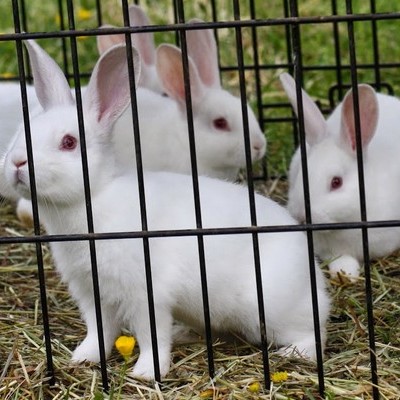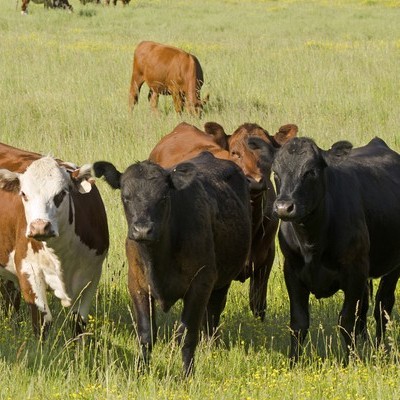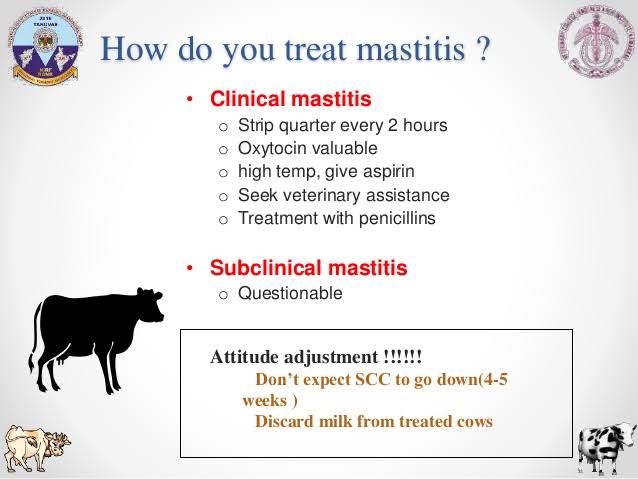Introduction
There are various diseases and abnormalities that affect the reproductive system of domestic animals. These diseases commonly result in early embryonic deaths, abortions, mummification and infertility.
Following the infectious disease, animals may end up with other related conditions such as Endrometitis and Pyometra. All these result in lost income to the farmer as the animals may be unable to give birth again.
Brucellosis and Q-fever are also highly contagious, and may transfer to people causing agonizing pain and sickness and very expensive medication, so paying close attention to the reproductive health of your animals is highly recommended.
Non-infectious conditions and other abnormalities include:
When a herd of cows or sheep tend to have reduced number of calves, longer time before the female becomes pregnant, as well as when frequent abortions are observered or suspected, it is likely that a genital disease could be the problem. Farmers would in such cases be advised to invite a veterinarian to investigate the herd and take samples for analysis that can determine the cause of the problem. Reduced fertility in a herd means less profit and slower build up of herds.
Genital infections are spread through sexual contact between male and female animals. Unsually infected males do not show signs, but they can spread the disease to the female.





